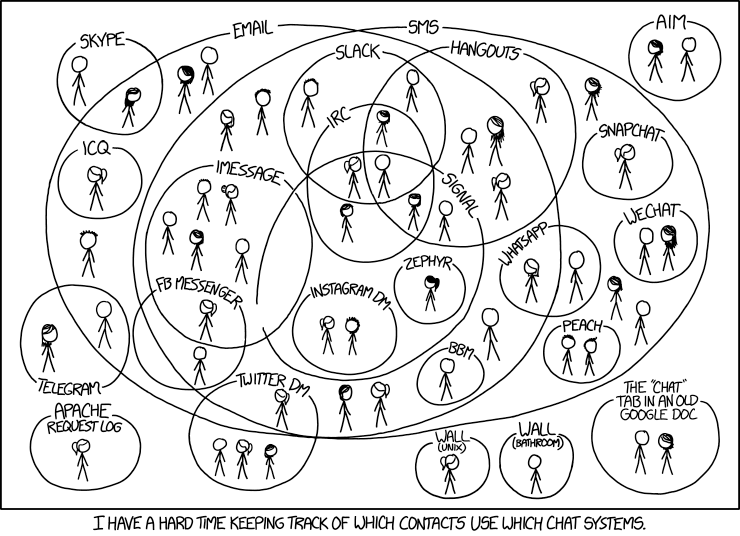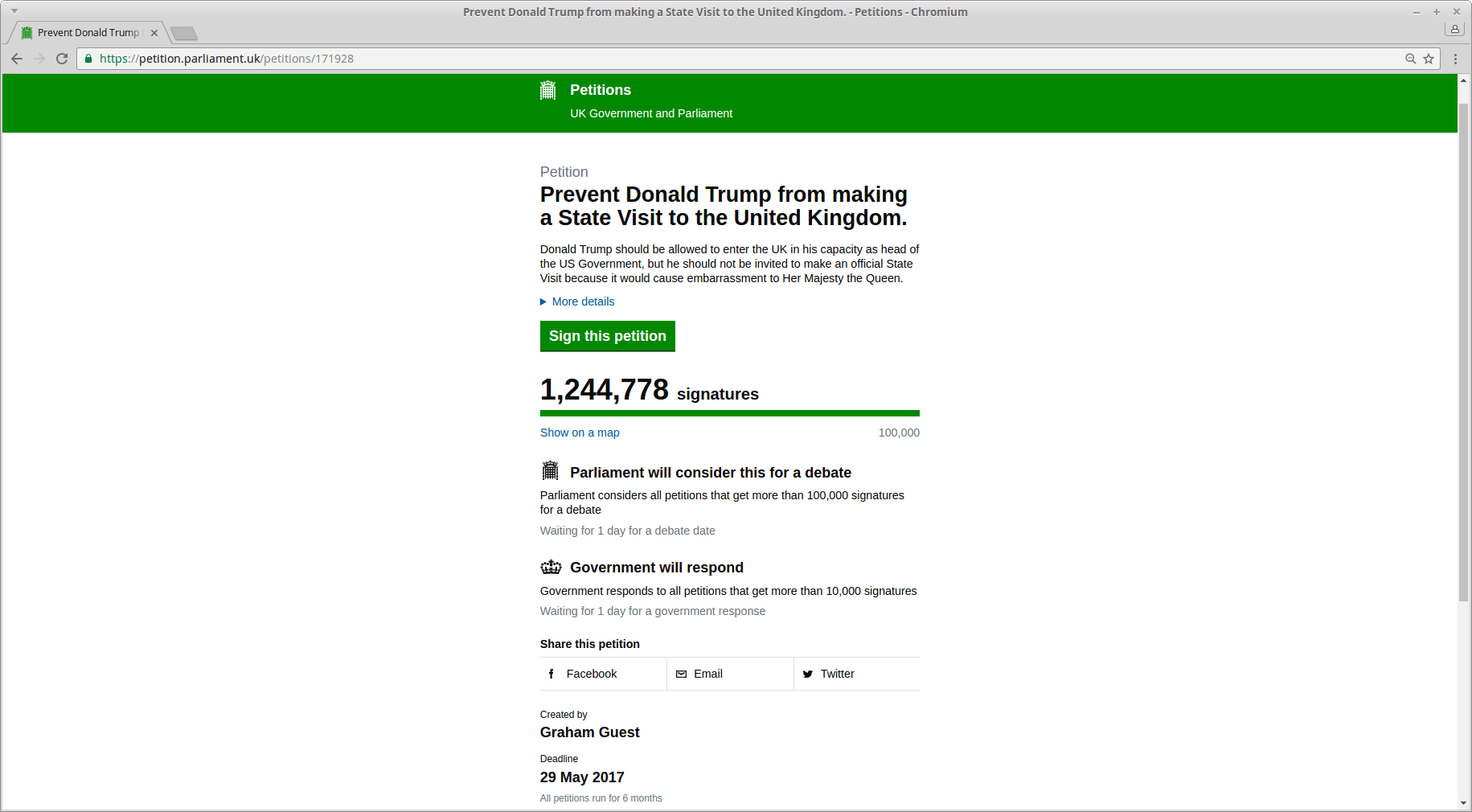As is our custom on a Saturday, this morning my wife and I went out to a local cafe for breakfast. We know the proprietress so I was chatting to her whilst paying for the meal. Part way through the chat, the cafe proprietress tore off the receipt from the POS terminal and removed my debit card and handed it back to me.
Me: “Hang on, I haven’t entered my PIN. Are you sure that has been paid?”
CP: “Yes, it says here it’s paid.”
Me: “I have NOT authorised that transaction. It cannot be paid.”
CP: “Oh, don’t worry, we accept “swipe to pay” it probably just authorised that as you put your card in the terminal.”
Me: “That cannot happen. That card is not “swipe to pay” enabled. And I haven’t authorised any payment yet.”
CP (looking at receipt): “It says here “Contactless Sale” and the payment has been authorised”.
Me: “Show me that receipt.”
Sure enough, the receipt showed a “Contactless Sale” for the amount of the breakfast, however, the card type shown, and the last four digits of the card quoted were not those of my debit card. But I did recognise the card type as one I hold in my wallet so I checked that. Sure enough, that card has the WiFi symbol on it and the last four digits matched that on the Cafe receipt. So the POS terminal had taken the payment from a card in my wallet and not the card I had actually inserted.
That should not happen. And the fact that it did worries the hell out of me.
At the time the payment was taken, my wallet holding the other card was in my left hand (I had just removed my debit card from it with my right hand because I am right handed). So I placed that wallet on the counter beside me so that I could pick up the POS terminal in my left hand allowing me push my debit card in with my right hand and then enter my PIN. Replaying that action afterwards I am absolutely certain that at no time was my wallet anywhere nearer than a foot or more away from the POS terminal. Moreover that terminal had a card inserted – my debit card – and it should have been waiting for my PIN authorisation. So what happened?
I don’t know. And as I said above, that worries me.
I have checked both Wikipedia for details of the standards used in passive NFC of the type used in contactless payment and the “Security FAQ” for contactless payments on the Smart Card Alliance site (warning, PDF). Both those references tell me what I thought I already knew – NFC is only supposed to work at ranges of up to 2-4 inches (or 10 cm). No way was my wallet ever anywhere near 10 cm from that POS terminal. The closest it could have been was at least a foot away.
If this can happen to me, then I am certain it must have happened to others. Possibly to others who have been charged for someone else’s transaction simply because their NFC enabled card happens to be within range of the POS in question. In such cases, neither the actual customer nor the unwitting person really charged for the transaction would be any the wiser at the time of the transaction. Nor would the retailer know or care because they have a receipt for a contactless sale.
I’ll bet there have been some interesting conversations between such unwitting payers and their banks when the payment was noticed and then disputed.
Meanwhile, I’m going to find out whether I can get a card without the NFC capability to replace the card I unwittingly used to pay for breakfast. No way do I want this to happen again.








